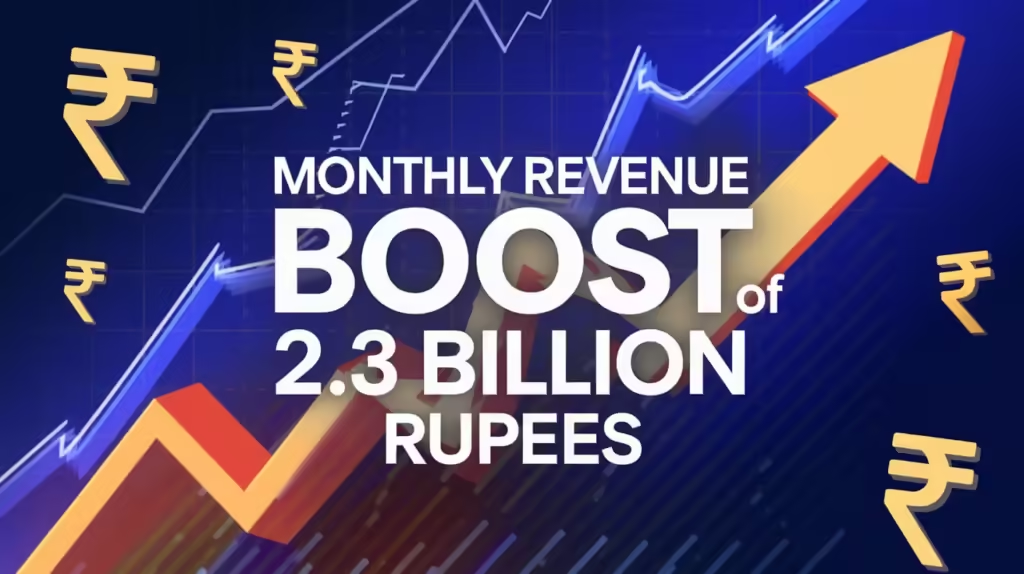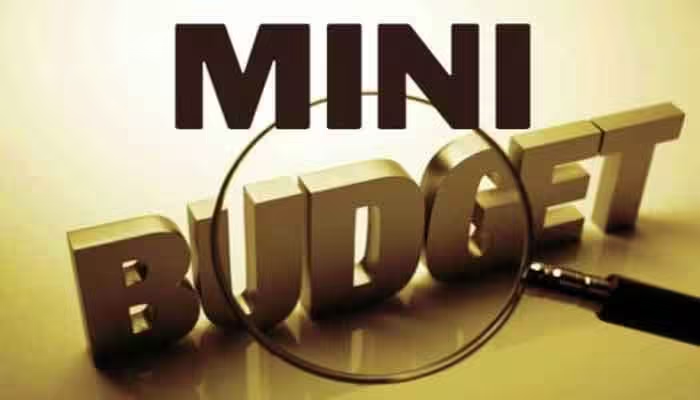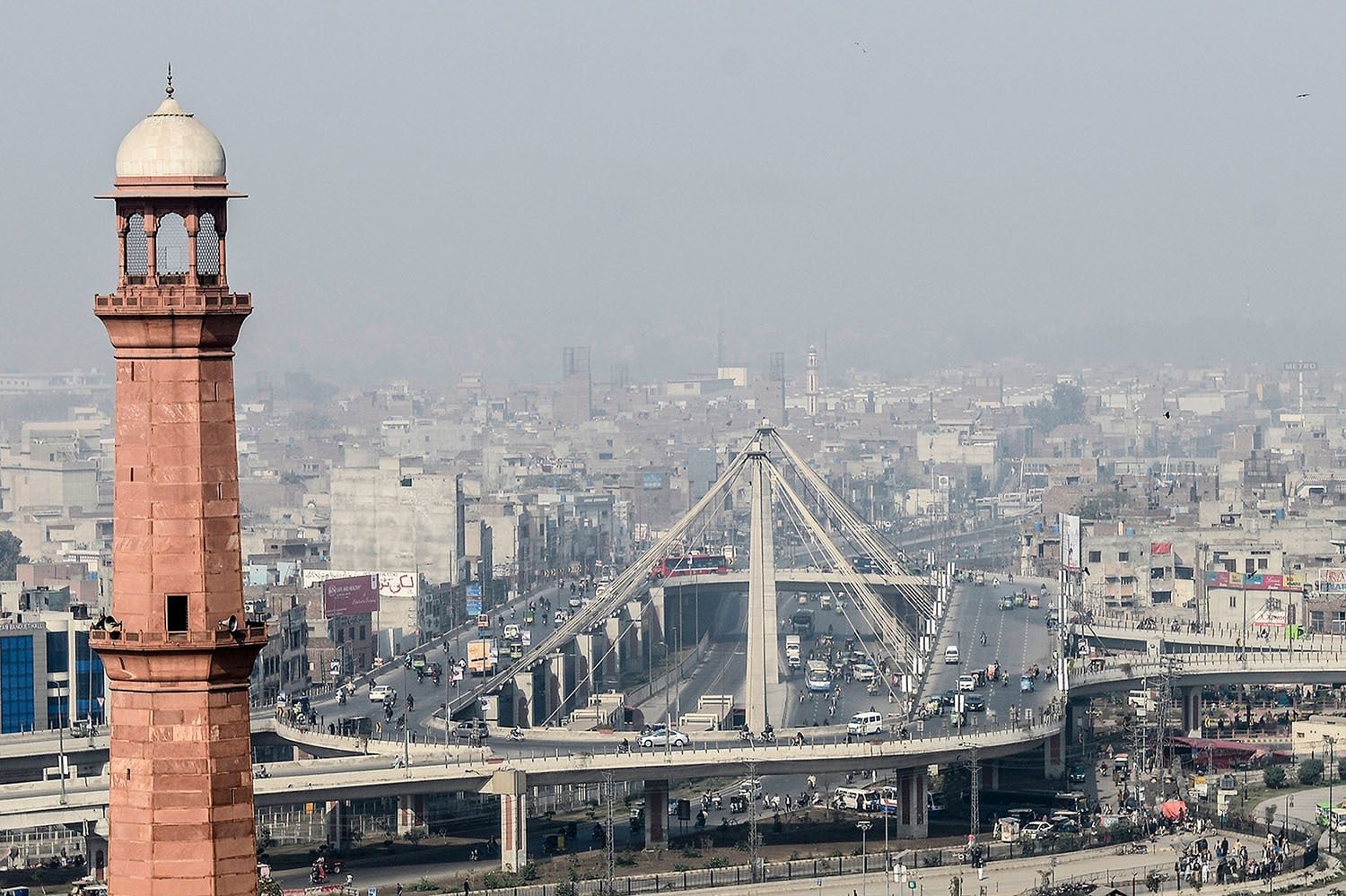As the financial year progresses, the government is preparing to introduce a mini budget aimed at addressing potential shortfalls in tax revenue. According to sources, the government has informed the International Monetary Fund (IMF) about the proposals, which are expected to generate additional revenue through a variety of emergency tax measures. The measures are designed to help the government bridge the gap in its tax collection targets and maintain fiscal discipline, particularly in light of the country’s ongoing economic challenges.
Emergency Tax Measures to Raise 130 Billion Rupees
The most significant aspect of the proposed mini budget is the introduction of emergency tax measures that are expected to generate 130 billion rupees in additional revenue. This step is being taken to address any potential shortfall in the tax revenue, ensuring that the government can continue to meet its financial obligations and sustain its economic recovery efforts.
According to documents shared with the IMF, the government is proposing a range of tax increases and new levies across multiple sectors. These tax measures aim to tap into both consumer goods and industrial imports, thereby expanding the revenue base while minimizing the impact on essential services.
Excise Duty Hike on Beverages
One of the most notable proposals is a 5 percent increase in excise duty on beverages. This tax hike is expected to target both carbonated and non-carbonated drinks, which are widely consumed across the country. The government’s rationale behind this move is twofold: first, it is seen as a way to discourage excessive consumption of sugary beverages, which have been linked to various health issues; second, the excise duty increase is expected to generate substantial revenue for the government.
By increasing the excise duty on beverages, the government is likely to raise significant amounts of money, while also aligning with public health objectives. However, some stakeholders in the beverage industry have expressed concerns over the potential impact of this tax increase on sales and profitability.
Advance Tax on Machinery and Raw Materials
In addition to the excise duty hike, the government is also proposing a 1 percent advance tax on the import of machinery. This measure is expected to generate revenue while having a limited impact on domestic industry, as it targets imported goods rather than locally produced machinery.
Similarly, a 1 percent advance income tax on the import of industrial raw materials has also been proposed. This tax will apply to a broad range of raw materials used in manufacturing, and is expected to contribute to the overall revenue target. By imposing this tax, the government aims to increase its tax collection from industries that rely on imported inputs for production.
However, concerns have been raised about the potential impact of this tax on the manufacturing sector, which could face increased costs as a result. Manufacturers who rely heavily on imported raw materials may see their profit margins squeezed, which could lead to higher prices for consumers.
Additional Taxes on Commercial Importers and Supplies
The mini budget also includes proposals to levy additional taxes on commercial importers and suppliers. According to the document, a 1 percent tax on commercial importers is being considered, which is expected to generate significant revenue from the import of goods into the country.
Furthermore, the government is proposing a 1 percent tax on supplies, which will apply to the sale of goods and services. This measure is intended to ensure that suppliers contribute their fair share to the national treasury, and it is expected to generate steady revenue on a monthly basis.
Additionally, a 1 percent additional tax on contracts has been proposed. This tax will apply to contracts for services and projects, and is expected to generate revenue from the growing services sector.
Monthly Revenue Boost of 2.3 Billion Rupees
The cumulative effect of these emergency tax measures is expected to provide the government with an additional revenue stream of 2.3 billion rupees per month. This will go a long way toward helping the government meet its financial targets for the current fiscal year, particularly if there is a shortfall in the anticipated tax revenue.
The additional revenue generated through these taxes will be used to fund essential government services, as well as to support ongoing infrastructure and development projects. In light of the country’s economic challenges, this revenue boost is seen as critical for maintaining fiscal stability.
IMF’s Role in the Mini Budget
The proposed mini budget comes in the context of Pakistan’s ongoing negotiations with the IMF. The government has been working closely with the IMF to ensure that it meets the conditions of its financial assistance program, which includes maintaining a sustainable fiscal position and implementing tax reforms.

By informing the IMF about the proposed mini budget, the government is signaling its commitment to addressing revenue shortfalls and ensuring that it remains on track with its financial obligations. The IMF has been supportive of Pakistan’s efforts to reform its tax system, and the proposed measures are in line with the recommendations made by the international body.
Potential Impacts on Consumers and Businesses
While the government’s mini budget is primarily aimed at addressing revenue shortfalls, it is also likely to have an impact on consumers and businesses across the country. The proposed excise duty hike on beverages, for example, may lead to higher prices for consumers, while the advance tax on machinery and raw materials could increase costs for manufacturers.
Businesses involved in the import and supply of goods may also face higher costs as a result of the proposed taxes on commercial imports and supplies. However, the government is expected to take measures to ensure that these taxes do not unduly burden businesses or consumers, particularly in essential sectors.
The proposed mini budget for the current financial year represents a significant step by the government to address potential revenue shortfalls and maintain fiscal discipline. By introducing emergency tax measures, the government aims to generate additional revenue while minimizing the impact on essential services.
The proposed tax measures, including the excise duty hike on beverages and the advance tax on machinery and raw materials, are expected to provide a steady stream of revenue, while also addressing broader public policy goals. As the government moves forward with these proposals, it will be important to monitor their impact on consumers, businesses, and the overall economy.



